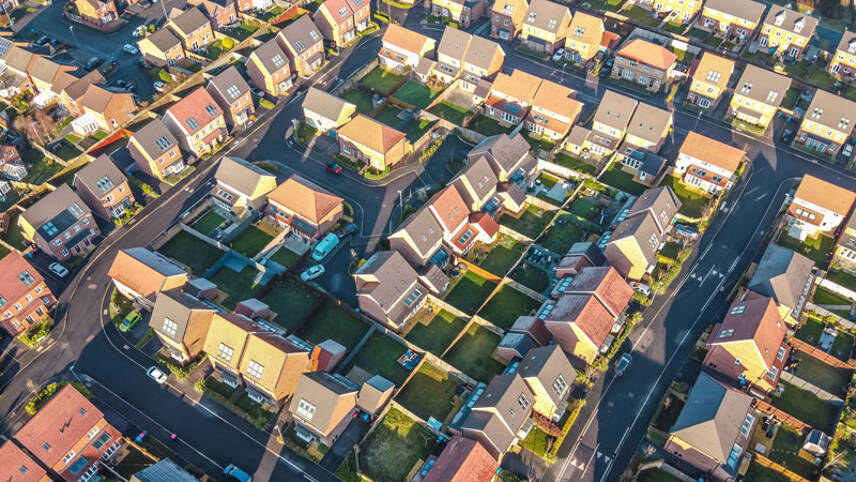Register for free and continue reading
Join our growing army of changemakers and get unlimited access to our premium content

Stock image.
This legal challenge relates to a directive issued by the Department for Housing, Levelling Up and Communities (DHLUC) late last year, requiring councils setting enhanced energy efficiency requirements for new homes to prove their carbon footprints and meet high standards relating to affordability and speed of housing delivery.
Summarising the directive in a statement issued in December, DHLUC under-secretary Baroness Penn stated that any councils not providing these details should have their policies “rejected at examination”.
“The proliferation of multiple, local standards by local authority area can add further costs to building new homes by adding complexity and undermining economies of scale,” the statement reads.
It argues that “compared to varied local standards… nationally applied standards provide much-needed clarity and consistency for businesses, large and small, to invest and prepare to build net-zero ready homes.”
The Good Law Project has described the directive as “a massive overreach of central Government power” and misaligned with the UK Government’s legally binding net-zero target for 2050.
Local climate action campaign group Rights Community Action is supporting the Good Law Project in its campaign, which is beginning with letters pressuring DHLUC Secretary Michael Gove and may well be escalated to the court system.
The news comes shortly after official Government figures revealed no year-on-year reduction in the number of UK homes in fuel poverty for 2023. Moreover, homes in fuel poverty now pay on average £417 more for energy each year than energy-efficient homes, up from a £348 gap in 2022.
edie reached out to the DHLUC for a comment. A spokesperson said the Department “does not recognise” the claims made by the Good Law Project.
They added: “Our policies allow more energy efficient homes to be delivered, as long as local authorities do this in a way that is easily understandable for housebuilders and does not affect the viability of new housing.”
Future Homes Standard
The Government’s official climate advisory body, the Climate Change Committee (CCC), warned last year that slow decarbonisation of the UK’s building stock was undermining its ability to deliver against future carbon budgets on the road to net-zero.
The CCC estimates that 77% of the required emissions reductions from buildings through to the late 2030s lack sufficient policy support.
This estimate was published ahead of key updates on the Fututre Homes Standard. Due to enter force in 2025, the Standard will require all new homes to be “zero-carbon ready”, with enhanced energy efficiency and a lower embodied carbon footprint. They also need to be fitted with either electric heating or a hydrogen-ready boiler.
Responding to ongoing consultations on the Standard, a coalition including organisations like the UK Green Building Council has called for last-minute interventions to mandate home solar and to strengthen building fabric standard requirements.
Another cause for concern among green groups is that Baroness Penn’s statement indicates that the Future Homes Standard “should be applied flexibly”.
The consultation closes on 6 March.


When you end an article with something like “The consultation closes on 6 March” (as above), could you provide a link please (and not just to another edie article)?